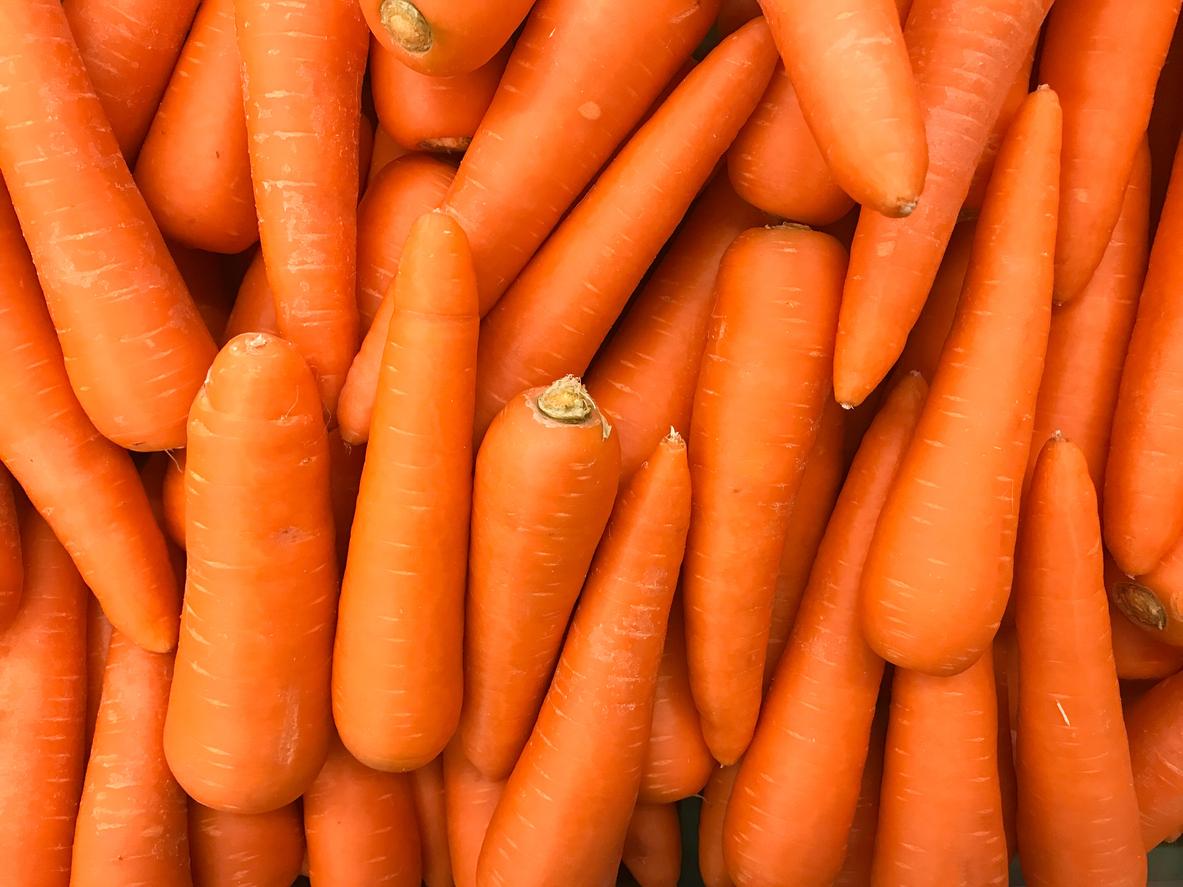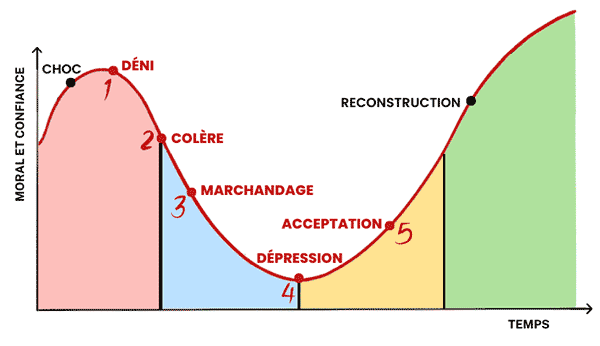
QUEBEC (PasseportSanté.net) August 22, 2005 – According to the World Health Organization (WHO), a sufficient consumption of fruits and vegetables would save 2.7 million lives per year. This is probably why the International Symposium on the Health Effects of Fruits and Vegetables (FAV Health 20051) attracted no less than 150 experts from 30 different countries to Quebec, from August 17 to 20.
“The increase in the consumption of fruits and vegetables in the world is a major health issue on a global scale,” said Ingrid Keller, of the Department of Chronic Diseases and Health Promotion of the WHO in during the opening conference of this symposium. The figures are worrying: currently, 60% of deaths in the world are caused by non-communicable diseases, that is, chronic diseases such as cardiovascular disorders, certain cancers, obesity and diabetes. And, disturbingly, this phenomenon now affects developing countries even more (66% of deaths).
However, a low consumption of fruits and vegetables is one of the risk factors for these diseases. For example, the WHO estimates that an increase in the consumption of these foods could reduce the incidence of heart disease worldwide by 31%, that of strokes by 11% and that of certain cancers, particularly gastrointestinal cancers. -intestinal 20% to 30%.
How many servings per day?
But what exactly is adequate consumption of fruits and vegetables? “Recommendations vary from country to country, but the ‘magic number’ appears to be a minimum of five servings per day,” Keller said.
However, as the definition of what a serving is also varies a lot from country to country, the WHO recommendation is to eat at least 400g of fruits and vegetables per day. However, according to data collected by the WHO, overall, very few countries in the world achieve this level of consumption. This is why WHO, in partnership with the Food and Agriculture Organization of the United Nations (FAO), has been mandated to promote the consumption of fruits and vegetables around the world.2.
|
Fruits and vegetables, recommendations in some countries |
|
|
South Africa |
3 to 5 servings of vegetables |
|
Brazil |
4 to 5 servings of vegetables |
|
Canada |
5 to 10 servings of fruits and vegetables |
|
Malaysia |
more than 5 servings of fruits and vegetables |
|
Philippines |
3 servings of vegetables |
|
Swiss |
3 to 4 servings of vegetables |
Source: WHO
Multiple virtues
Despite the advice of food guides, most people therefore do not consume enough fruits and vegetables. Yet, evidence is mounting about their health benefits, as witnessed by the many guest speakers at the FAV Health Symposium. From India to Israel to New Zealand, France, the United States and Canada, fruits and vegetables are scrutinized from all angles. Several researchers are trying to understand how their phytochemicals affect human health, while others seek to make them richer in these substances so that they are even more beneficial.
New heroes: polyphenols
From cancer to obesity, not to mention cardiovascular disease and diabetes, polyphenols are one of the keys to the virtues of fruits and vegetables. And not just because of their antioxidant activity. In fact, in their laboratories, researchers are increasingly finding that other effects, which go far beyond the antioxidant properties of polyphenols, are at play.
In the case of cancer, in particular, certain phytochemicals would inhibit angiogenesis and the formation of metastases and would make cancer cells more sensitive to chemotherapy and radiotherapy treatments. It also seems that these compounds can intervene to inhibit the activity of the protein NF-kappa B, responsible for a cascade of physiological processes leading to chronic inflammation. Remember that the latter is responsible for many diseases: cancer, cardiovascular disorders and diabetes, in particular.
No unwanted effects, on top of that!
 Ironically, the pharmaceutical industry is currently spending tens of millions of dollars developing drugs that inhibit angiogenesis and activity of the NF-kappa B protein, for example. In this fight against disease, fruits and vegetables, however, have a phenomenal advantage: not only do they act on the same targets as drugs, but they are not toxic. The work of several scientists clearly indicates that nature does things right: phytochemicals can prevent, for example, cancer cells from proliferating, but unlike drugs, they do not kill healthy cells.
Ironically, the pharmaceutical industry is currently spending tens of millions of dollars developing drugs that inhibit angiogenesis and activity of the NF-kappa B protein, for example. In this fight against disease, fruits and vegetables, however, have a phenomenal advantage: not only do they act on the same targets as drugs, but they are not toxic. The work of several scientists clearly indicates that nature does things right: phytochemicals can prevent, for example, cancer cells from proliferating, but unlike drugs, they do not kill healthy cells.
“The data presented by the speakers clearly shows that it is no longer just a question of eating fruits and vegetables for food, but also to heal oneself”, underlines Yves Desjardins, director of training at the Institute of nutraceuticals. and functional foods (INAF) and chair of the symposium.
In a grocery store near you
Of course, researchers have made very learned presentations on the virtues of sulforaphanes, flavonols, ellagic acid, anthocyanins, not to mention limonoids and catechins. But make no mistake, all of these substances are already available at the local supermarket: broccoli, grapes, strawberries, blueberries, eggplant, citrus, tea, etc. Fruits and vegetables naturally produce these fascinating substances to protect against insects, diseases, ultraviolet rays and, also, to promote the dispersal of their seeds.
As several speakers have respectfully pointed out, the advice of Hippocrates, formulated 500 years before our era, remains of a striking relevance: “Let your food be your medicine”.
Françoise Ruby – PasseportSanté.net
1. This symposium was organized by the Institute of Nutraceuticals and Functional Foods (INAF) of Laval University
2. This mandate was given to WHO and FAO by the World Health Assembly within the framework of the Global Strategy on Diet, Physical Activity and Health. For more information: www.who.int and www.who.int













